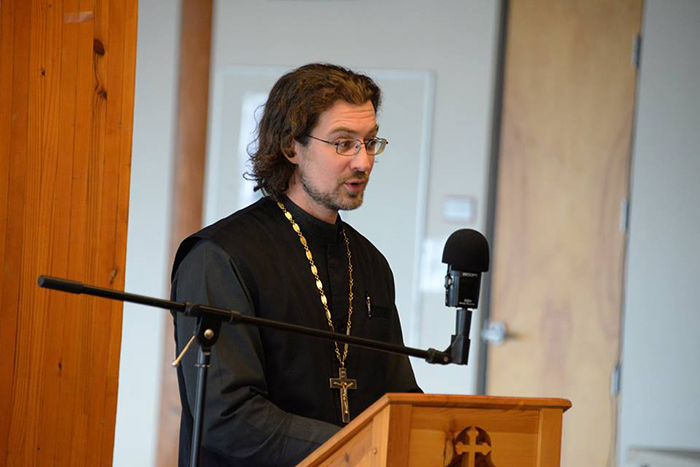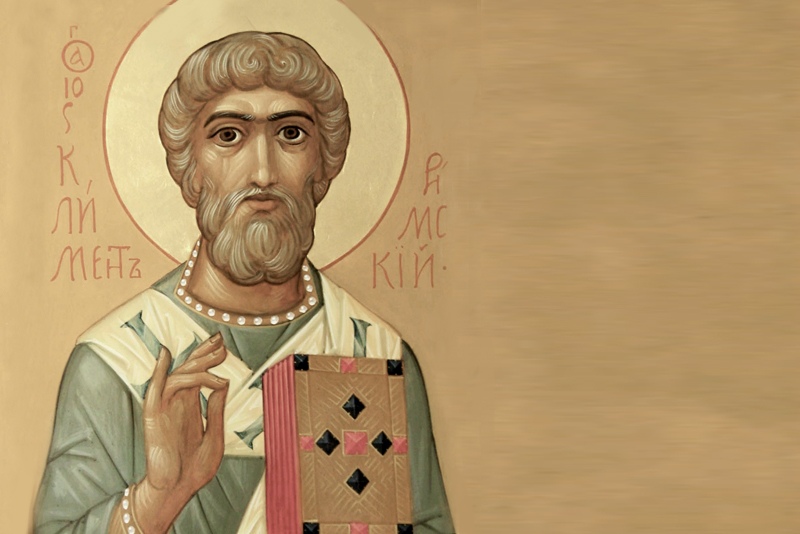
There are passages in the Scripture that we read, and remember, and even mention in various contexts without truly comprehending their significance. (I rather suspect that this phenomenon can be observed not exclusively with respect to the Scripture but somewhat in general with respect to much of what we read or say.) It is in this particular way that a passage from Exodus recently caught my attention.
And six years thou shalt sow thy land, and shalt gather in the fruits thereof: But the seventh year thou shalt let it rest and lie still; that the poor of thy people may eat: and what they leave the beasts of the field shall eat. In like manner thou shalt deal with thy vineyard, and with thy oliveyard. — Exodus 23:10-11
To be sure, the meaning seems clear: that the poor may eat, and that the beasts shall eat. (Apparently, the loss of wildlife habitat was already a topic even then.) But this is not what struck me. I tried to imagine what it would take for me to work six years and then take a year off. The answer is straight forward: I would have to save one-sixth of all I earn.
In this context, to set aside 16.5% of everything is not a savings plan, not a retirement plan, not a way to save up for a large purchase, but a sacrifice–you cannot expect to get the lost profit back. The agricultural particulars of soil management aside, it is possible to be one-sixth better off–to rotate fields, to continue harvesting grapes and olives, to build a fence against the beasts, and to let someone else worry about the poor–there are ways to be one-sixth better off. But this is not the ethic of the Scripture. The Scripture teaches us to sacrifice. It is a commandment of the Lord; so, the sacrifice is to God: thou shalt let it rest and lie still.
And what is most fascinating is that this ethic permeates all of daily life: not only must one be ever-mindful of the Sabbatical Year and act accordingly year after year, but the commandment of the weekly Sabbath makes it immediately-relevant every single week. One could choose to work extra hours, get a second job, leave a few minutes early from the synagogue and make a few extra shekels. But God asks His people to sacrifice all of that.
In addition to potentially making one 16.5% poorer, the commandments of the weekly Sabbath and of the Sabbatical Year teach a practical ethic of daily sacrifice to God, a sacrificial mindset, a sacrificial worldview–“this portion belongs to God no matter what!”
It seems quite unfortunate that we are losing this ethic in the Christian Church. Perhaps, we have become too “understanding.” We “understand” if one has to work on Sunday; we “understand” if one is trying to make ends meet and takes on a second or a third job, misses Sunday Liturgy or the Great Feasts of the Church. This “understanding” comes from the idea of our freedom in Christ: “All things are lawful unto me..” (1Cor 6:12) We no longer have to obey the commandments of the Old Law. While the Sabbatical Year is still observed in traditional Judaism, it is unheard of in the Christian Church.
But have we taken our freedom in Christ and traded it for slavery to the circumstances of this world? Should we not mingle the water of our “understanding” with some wine of discipline or, at least, self-discipline? Should we not make sure that Sunday is not a day to get ahead on laundry, dishes, or yard work? What does it mean to dedicate the day to God? Participate in the Divine Liturgy–sure; spend proper (not more!) time in prayer without the excuse that we are in too much of a hurry and are late for work–sure. But of equal importance may be to develop a sacrificial mindset and to refuse to get ahead in any secular endeavor on the one day that is to be dedicated to God.
Is it easy? Of course, not! That is why it is a sacrifice! But it can be a little easier if we act like a family; if we support each other; if we help and uplift each other; if we do not shoot scornful glances at the one who cannot make it to the service (or, even worse, ignore the plight of our brother or sister altogether!), but instead offer to reimburse whatever money may be lost by taking the day off to go to church. Of course, we are free in Christ. This means that we are free to do this as well.



